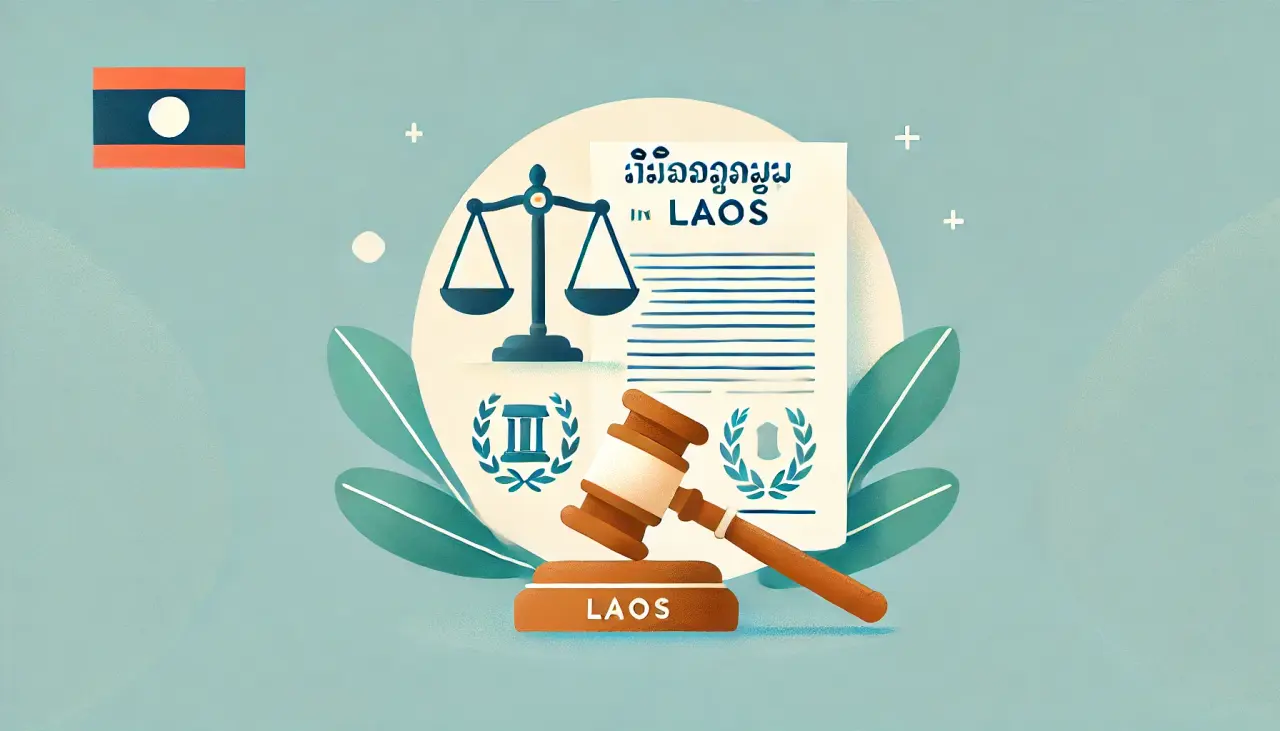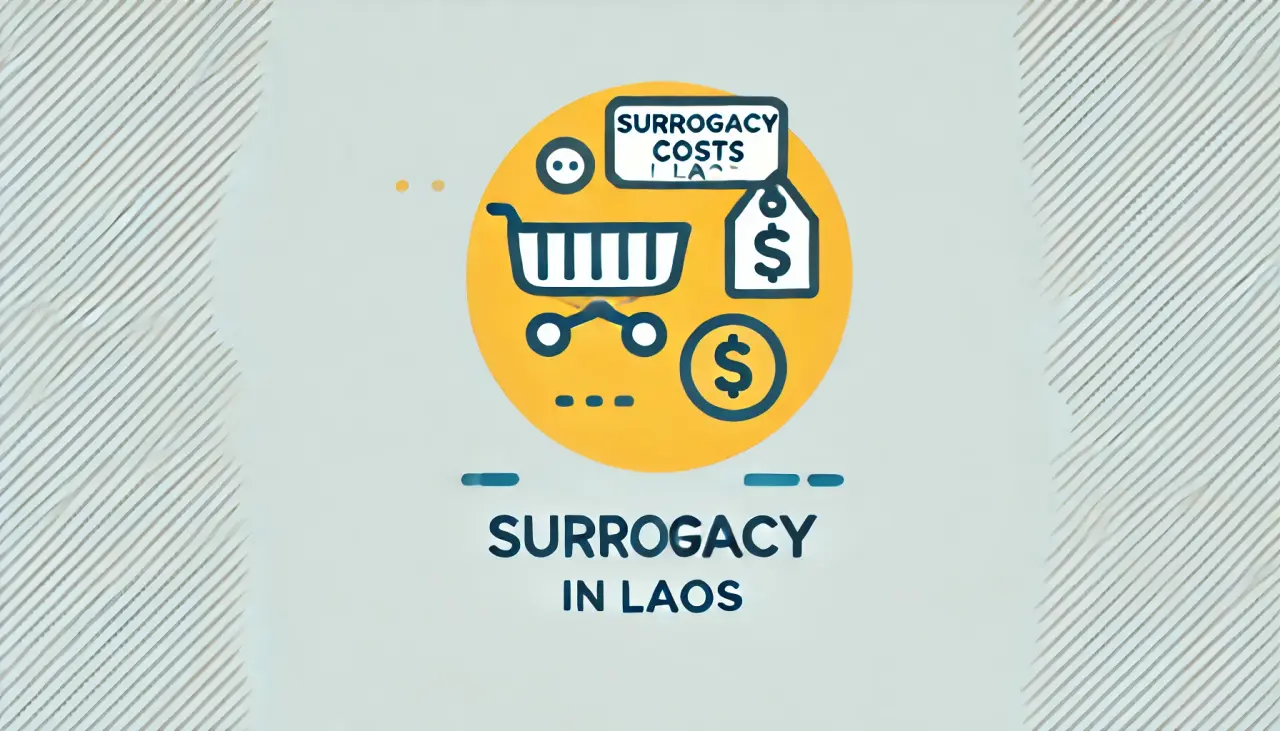
Surrogacy in Laos: A Complete Guide to Laws, Costs, and Procedures
Laos, a small and lesser-known country in Southeast Asia, has emerged as an unexpected yet critical player in the regional surrogacy industry. Despite its status as one of the world’s least developed countries, the nation’s unique legal and social environment has made it an attractive destination for intended parents seeking affordable and flexible surrogacy solutions. This guide explores the intricate details of surrogacy in Laos, focusing on its legal framework, costs, and how the country fits into the broader surrogacy landscape in Southeast Asia.
An Overview of Surrogacy in Laos
Surrogacy in Laos is gaining recognition, primarily due to the favorable legal conditions and lower costs compared to other countries in the region. In recent years, changes in surrogacy laws have made it easier for foreign couples to pursue surrogacy arrangements in Laos, filling the gap left by stricter regulations in neighboring countries like Thailand and Cambodia. As a result, Laos has become a viable alternative for many intended parents, particularly from China and other parts of Asia, who face significant restrictions in their home countries.
Laos’s role in the Southeast Asian surrogacy market is often as a stopover or a partial destination in a larger cross-border surrogacy arrangement. This flexibility allows Laos to cater to the needs of international parents looking for cost-effective and legal surrogacy options.

Surrogacy Laws in Laos
One of the primary reasons behind the growing popularity of surrogacy in Laos is the country’s legal framework. In 2021, Laos introduced new surrogacy laws that legalized the practice for married couples unable to conceive naturally. According to the Lao Ministry of Health, the purpose of these laws is to regulate surrogacy and ensure that it complies with ethical, humanitarian, and medical standards.
Key Provisions of Surrogacy Laws in Laos:
- Eligibility: Surrogacy is only available for legally married couples who are unable to have children naturally. The law does not allow surrogacy for single individuals or same-sex couples.
- Surrogate Mother Requirements: The surrogate must be a married woman aged between 18 and 35, with no more than three previous pregnancies or two cesarean sections. Women with serious medical or psychological conditions are not eligible.
- Consent and Ethical Considerations: Both the intended parents and the surrogate mother must provide written consent, ensuring that the surrogacy arrangement is mutually agreed upon. The law emphasizes the importance of ethical practices, prohibiting any form of coercion or exploitation.
These regulations aim to create a safer and more transparent surrogacy process in Laos, while still offering more flexibility than neighboring countries. For international intended parents, understanding these laws is crucial to ensuring that their surrogacy journey is legally compliant and secure.
Why Choose Surrogacy in Laos?
There are several compelling reasons why intended parents are choosing Laos for surrogacy:
- Lower Costs: The cost of surrogacy in Laos is significantly lower compared to Western countries. While surrogacy in the United States can cost upwards of USD 100,000, the average surrogacy arrangement in Laos costs around USD 56,000.
- Simplified Legal Processes: Unlike other countries with complex and restrictive surrogacy regulations, Laos offers a straightforward legal process for eligible couples.
- Strategic Location: As a central location in Southeast Asia, Laos is easily accessible for intended parents from countries like Thailand, Vietnam, and China.

Cost of Surrogacy in Laos
One of the main factors that attract international couples to pursue surrogacy in Laos is the cost. The average cost of surrogacy in Laos is approximately USD 56,000, which includes:
- Surrogate Mother Compensation: Typically ranges from USD 7,000 to 8,000.
- Medical Expenses: Costs associated with IVF procedures, embryo transfer, and pregnancy monitoring.
- Legal Fees: Costs for drafting agreements, notarization, and ensuring legal compliance.
Compared to other countries, where the overall cost can be significantly higher, Laos provides an affordable option without compromising on the quality of care and legal protection.
The Surrogacy Process in Laos
The surrogacy process in Laos typically involves several stages:
- Consultation and Agreement: The first step is to consult with a surrogacy agency that will outline the costs, legal requirements, and expected outcomes.
- Surrogate Selection and Screening: Surrogate mothers are selected based on strict criteria to ensure they meet the legal and medical requirements. This includes comprehensive health screenings and psychological evaluations.
- Medical Procedures: The surrogate undergoes an embryo transfer in a specialized clinic in Vientiane. The process is closely monitored by experienced reproductive health professionals.
- Pregnancy Monitoring: Surrogate mothers may stay in Laos or travel to nearby countries like Thailand or Singapore for advanced medical care during pregnancy.
- Delivery and Post-Delivery Arrangements: After the baby is born, the intended parents go through the necessary legal and medical procedures before taking the child home.
Cross-Border Surrogacy and the Role of Laos
The unique position of Laos in the Southeast Asian surrogacy industry is characterized by its role as a transit country in cross-border surrogacy arrangements. Due to the legal constraints in countries like Thailand and Cambodia, intended parents often initiate the surrogacy process in Laos and then continue it in neighboring countries. For example, embryo transfer might take place in Vientiane, but the surrogate mother may travel to Thailand or Vietnam for delivery.
This cross-border arrangement is legally complex but allows parents to benefit from the best medical care available in the region while staying within the bounds of local laws.
Challenges and Ethical Considerations of Surrogacy in Laos
Despite its growing popularity, surrogacy in Laos presents several challenges and ethical concerns:
- Lack of Comprehensive Medical Facilities: Laos’s health infrastructure is still developing, and many complex reproductive procedures are not available in the country.
- Potential Exploitation: There are concerns about the exploitation of surrogate mothers due to the lack of strict oversight and enforcement of ethical standards.
- Legal and Social Acceptance: While surrogacy is legal, there are still social and cultural stigmas associated with the practice, making it crucial for intended parents to work with reputable agencies.
The Future of Surrogacy in Laos
As Southeast Asian countries continue to revise their surrogacy laws, the role of Laos in the regional surrogacy industry is likely to evolve. With the potential reopening of commercial surrogacy in Thailand and new regulations emerging in Cambodia and Vietnam, Laos may face increased competition. However, its current legal flexibility and affordability could help it maintain its position as a key destination for international surrogacy.
Frequently Asked Questions (FAQs) on Surrogacy in Laos
1.What are the legal requirements for surrogacy in Laos?
Surrogacy in Laos is only allowed for legally married couples who are unable to conceive naturally. Surrogate mothers must meet specific health and age criteria.
2.How much does surrogacy cost in Laos?
The average cost of surrogacy in Laos is around USD 56,000, including surrogate compensation, medical expenses, and legal fees.
3.Is surrogacy safe for surrogate mothers in Laos?
While surrogacy in Laos is regulated, the lack of advanced healthcare facilities poses potential risks. It’s recommended to use reputable agencies and clinics.
4.Can same-sex couples opt for surrogacy in Laos?
No, Laos’s surrogacy laws only permit married heterosexual couples to engage in surrogacy arrangements.
5.How do I find a surrogacy agency in Laos?
It is crucial to research and choose an agency with a proven track record, transparency, and adherence to legal and ethical standards.
6.What is the success rate of surrogacy in Laos?
Success rates depend on various factors, including the age and health of the surrogate and the quality of medical facilities used. It’s best to consult directly with clinics for specific data.